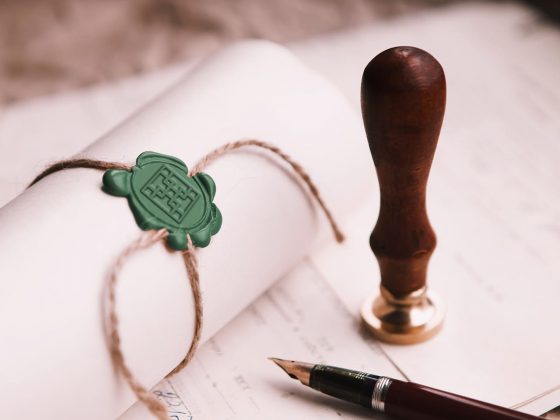Documents, 文件, Dokumentumok, Документы, دستاویزات, Dokumenter, เอกสาร…
We explain how to get foreign documents legally authenticated in Hong Kong – and how the process differs for probate applications
Earlier, the testamentary capacity required when making the will was set out. This include the requirement of a “sound mind” where the testator needs to know the nature and apprehend the claims made within the will. If the mental state of the testator is subject to contestation, medical reports of doctors and attendance notes may be prepared by the solicitor to ensure that no testamentary capacity is lacking.
After covering the basics of the execution of a will and the mental capacity needed to draft a will. We will now transition into issues relating to the administration of the probate. During the preparation and application of administration, what if there are foreign documents involved? Today, we will discuss the process of ensuring the correct authentication of these documents.
As one of Asia’s main business hubs, Hong Kong’s population has become a real melting pot of different nationalities and backgrounds – a thriving diversity which is part of what makes this city so unique.
However, if you now reside in Hong Kong having lived elsewhere, this can involve some pretty tedious life admin whenever you deal with the city’s bureaucracy – especially given Hong Kong’s fondness for complicated paperwork and protocols.
One example of this is when you need to authenticate foreign documents in Hong Kong. Applications for probate and letters of administration often require a number of public documents for verification purposes, including items like birth, death, marriage and adoption certificates. However, if these documents have been issued by a foreign authority, the Hong Kong Probate Registry requires them to be properly authenticated.
Authenticating Foreign Documents in Hong Kong for General Purposes
The most common process for authenticating foreign documents in Hong Kong is to send them to a notary public; they would produce a notarial certificate issued by the local government, which confirms the document’s authenticity, along with their own notarial certification. The notary public’s signature would then need to be confirmed by an apostille (for countries that are part of the Hague Convention) or certified by the Chinese Embassy or other appropriate country’s consulate.
As you can imagine just from reading about it, this process is long and tedious, with at least three different offices involved and several fees that have to be paid along the way. And after all that, you will discover that the Hong Kong Probate Registry does not deem this an acceptable method of authenticating foreign public documents anyway!
Authenticating Foreign Documents for Hong Kong Probate Application
Yes, just to confuse matters, the process of authenticating foreign documents for the Hong Kong Probate Registry is slightly different – and unfortunately, potentially even more complex.
For countries that participate in the Hague Convention, the process is pretty similar as the one described earlier – the public document’s signature needs to be certified by the relevant local authority, which requires a Certificate of Apostille to be issued. We would recommend consulting the respective country’s local government to determine which department you need to get in touch with, as the specific departments responsible for this task vary country by country. (In case you’re wondering, countries in the Hague Convention include Australia, France, Italy, Macau, Spain, UK and USA, but do check with the Probate Registry if you’re unsure about your country’s status).
However, countries outside the Hague Convention require two steps of certification. Not only does the public document’s signature need to be certified by the country’s designated government department, it must then also be certified by the Chinese Embassy or your relevant country’s consulate – both of whom should be able to advise the correct local authority for certifying the signature.
In Hong Kong, public documents are authenticated by the High Court of Hong Kong SAR and do not require the assistance of a notary public. It is also worth remembering that documents which are not written in one of Hong Kong’s official languages, English or Chinese, would need to be translated. This should only be done after the authentication has taken place.
As you can see, the process of foreign document authentication can be fairly complicated – so if you require any further advice or information, contact Hugill & Ip’s experienced solicitors and notaries today.
This article is for information purposes only. Its contents do not constitute legal advice and readers should not regard this article as a substitute for detailed advice in individual instances.




